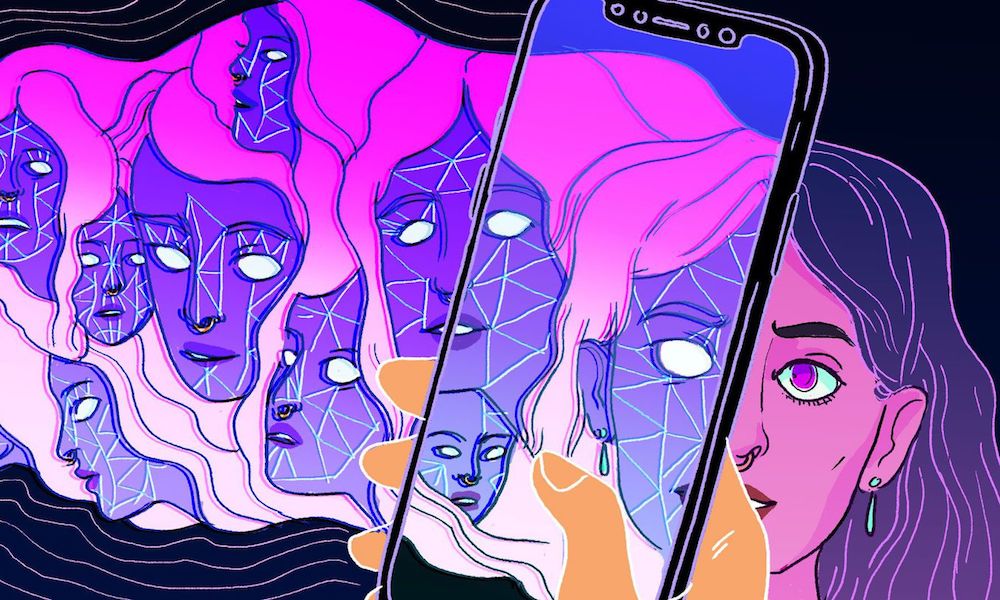Consumer Response to iPhone X Will Determine Fate of Face ID
 Credit: Mashable
Credit: Mashable
Toggle Dark Mode
Apple has developed a myriad of game-changing technologies over the years, from its introduction of Lightning in 2012, to the advent of Touch ID biometric security just one year later, so it seems as if the spirit of innovation is always alive and thriving up in Cupertino. The company’s latest evolution in innovation is Face ID, which Apple showcased and flaunted as one of the iPhone X’s key features during last week’s special event. The feature allows users to unlock their thousand-dollar iPhones, authenticate Apple Pay transactions, download apps and more in literally a split-second by merely looking at it with their face.
It’s an interesting feature, to be sure, which Apple claims is even more secure than Touch ID, utilizing the iPhone X’ advanced TrueDepth camera to process 3D mappings of the user’s face. And according to KGI Securities’ analyst Ming-Chi Kuo, depending on the consumer response to its all-new feature from the future, Apple may decide to employ Face ID on all of its iPhone models in 2018.
Specifically, Kuo says in his latest research note that if Face ID is well-received by iPhone X buyers, then Apple will more than likely adopt a similar TrueDepth camera for its entire lineup of iPhones next year and moving forward, citing that the reason would be due to the fact that display-embedded Touch ID technology persists to be a “technological hurdle” for Apple.
Of course, while other OEMs are already well on their way to bringing glass-embedded fingerprint sensors to market, Kuo noted that the reason it’s such a challenge for Apple in the first place is because the company’s 3D Touch module already makes the iPhone’s display thicker — which in turn reduces the scan-through accuracy of the fingerprint reader, itself.
Will Face ID Replace Touch ID Completely?
The simple answer, at this point, is we don’t know — apparently not even Apple knows, according to 9to5mac, who received a copy of Kuo’s note. Regardless of whether or not Face ID ultimately replaces Touch ID, Kuo asserts that Apple will still have to find a way to overcome the aforementioned technical issues affecting its under-the-glass Touch ID development. And of course, if Face ID should “fail to impress consumers,” Kuo says, it’s more than likely Apple will have no choice but to channel its energies on getting Touch ID under the display — and the project must be completed fast — especially since next year’s iPhone models are expected to resemble the iPhone X more so than any iPhone before.
[The information provided in this article has NOT been confirmed by Apple and may be speculation. Provided details may not be factual. Take all rumors, tech or otherwise, with a grain of salt.]






